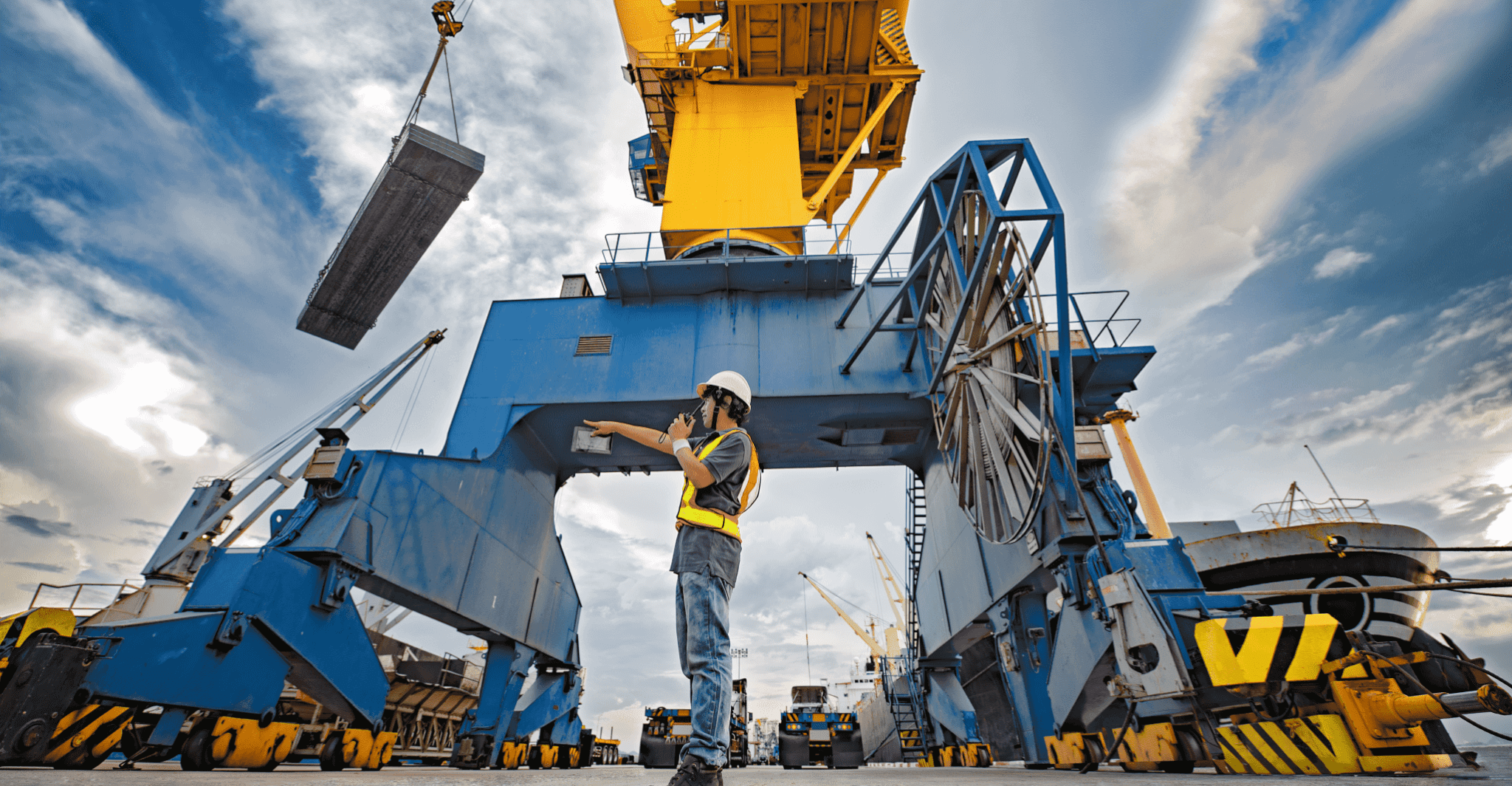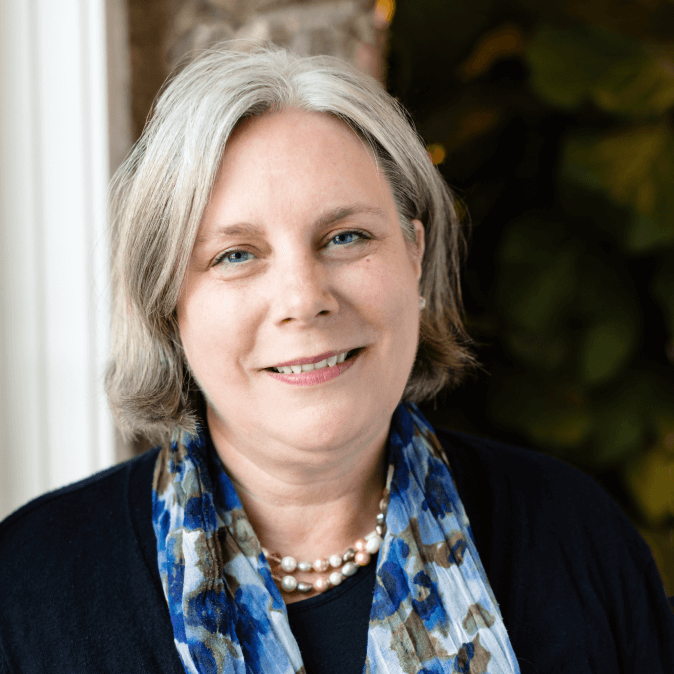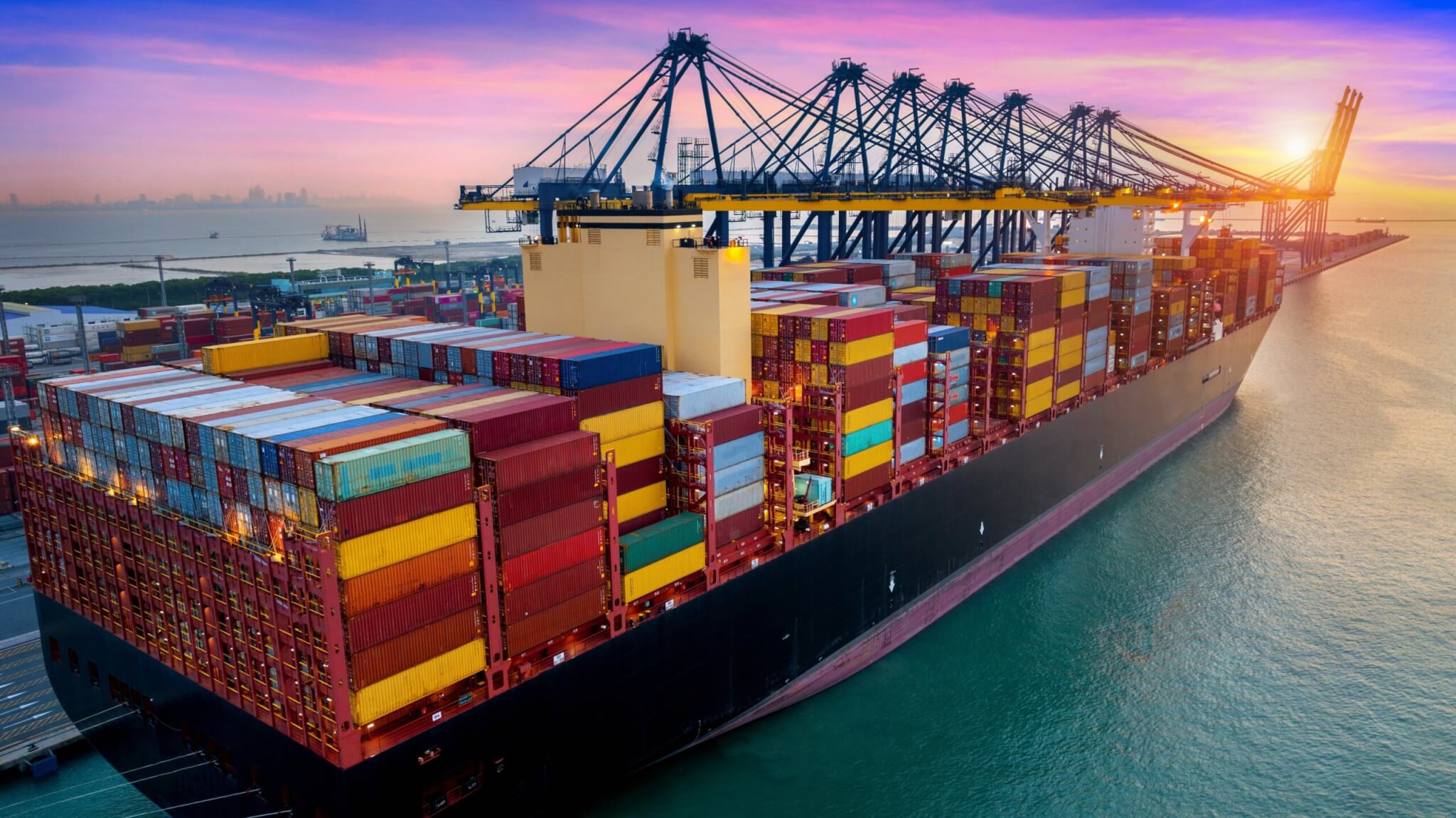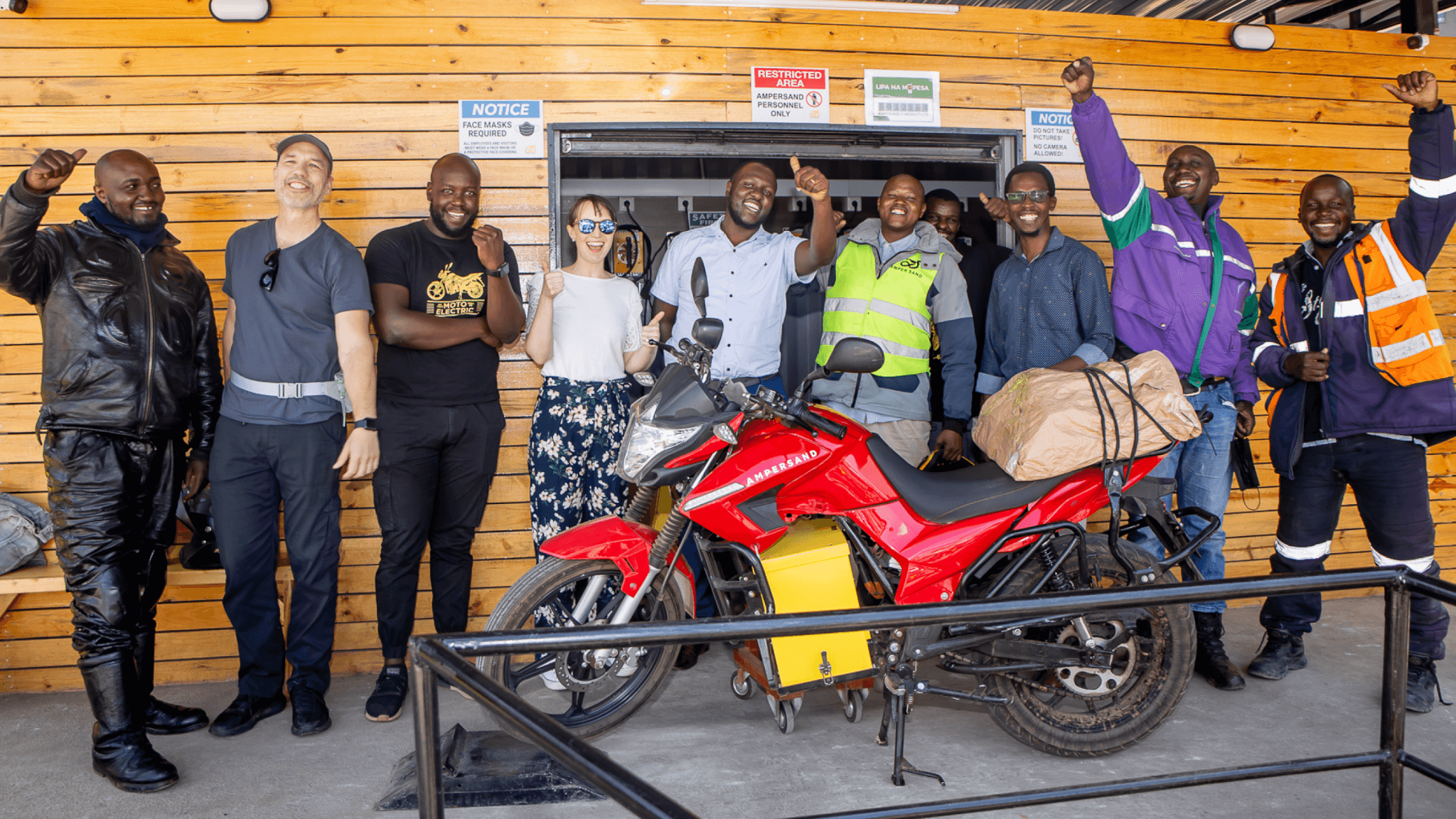
Dear colleagues and friends,
2023 was blisteringly hot and earned the distinction of the hottest year on record. Yet, we know last year was not an outlier but rather a trend in the wrong direction, as the intensifying impacts of climate change create devastating consequences for people, communities, and ecosystems worldwide.
We are nearly halfway through the decisive decade for climate action, and we are off track in meeting global targets. The good news is there’s never been more progress to build on as we work to course correct. The backlash from the fossil fuel industry and other incumbents that we’re seeing on climate policies, organizations, and frontline leaders is, in some ways, a sign of the impact we’re having. As a community, we’ve stepped up to push back on some of these challenges — for example, developing legal defenses and durability strategies to ensure that environmental and social risks can be reflected in investment decisions, and rapidly responding to misinformation on the environmental impacts of electric vehicles. But there is more to do. Under the most optimistic scenario, the current likelihood of limiting global warming to 1.5° C is just 14%. Now is the moment for all of philanthropy to step up and work together and with others in groundbreaking new ways to supercharge transformative solutions in 2024.
Three strategic shifts for 2024
In 2024, we have an opportunity to build on the progress we’re seeing and accelerate action. For this year, here are three key areas where the global community can help the world move faster in turning promises into tangible actions:
Phasing out fossil fuels. COP28 signaled the beginning of the end of the fossil fuel era. But the gap between what governments have committed to and what they are doing is vast. To truly transition the energy sector, we must both ramp up the good and phase out the bad. Thanks in part to bold philanthropic initiatives advancing renewable energy and electric vehicles, we are making great strides in increasing the good. Today, renewables are the cheapest form of electricity generation almost everywhere, and the adoption of zero-emission vehicles of all types (cars, trucks, buses, two- and three-wheelers) is growing exponentially.
But we must also tackle the other half of the equation — phasing out fossil fuels. COP28 provided an important hook, with text agreed in the Global Stocktake by all countries calling on parties to “drive the transition away from fossil fuels in energy systems, in a just, orderly and equitable manner.” Now is the time to seize this opening, building on developments like the United States’ recent decision to pause permits for LNG exports. One place to start would be advocating to end the more than $1 trillion in global fossil fuel subsidies — a new record high reached in 2022 — that directly undermine governments’ climate goals. Just imagine what we could achieve instead if these funds were applied toward expanding energy access through renewable resources and supporting a just transition for workers and communities. Now is the time to double down on transitioning away from fossil fuels, building on the recognition by all governments at COP28 of the need to do so.
Equitable and accessible financing of climate action. More funding and creative funding models are crucial not only to achieving mid-century net-zero goals but also to advancing climate justice for those most affected by climate impacts and least responsible for them. COP28 made important progress in operationalizing a new Loss & Damage Fund, and COP29 in Baku later this year will include a focus on international finance commitments. In addition, there is much happening outside the official UN space that has the potential to truly transform domestic and international finance and institutions, including transparently integrating climate risks and opportunities into the heart of public and private finance decisions.
We are entering a new era for sustainable private finance, where it is time to move from promising voluntary initiatives to regulatory approaches. One example is progress on corporate disclosure rules that will drive responsible business practices and benefit investors while also protecting people and the planet. Another important approach is the coordination of strategies for reforming the multilateral development banks (MDBs). Philanthropy is increasingly playing a role in working with partners to identify solutions, engage influential stakeholders, and advance action — while also confronting head-on pushback from the fossil fuel industry and lobby groups.
Ramping up implementation and ambition with inclusive climate solutions. We need to follow through on the current commitments and show how climate action truly benefits people, communities, and economies. By identifying climate solutions that positively impact people’s fundamental needs — how they provide for themselves and their families, safety and security, resilience, and health — and showing these benefits, we can gain support for bold, people-centered climate solutions that tackle interconnected challenges and are durable.
Getting implementation right now is essential to increasing the level of ambition going forward. As part of this, we need a greater focus on the sectors that have been neglected for too long and thus remain seriously underfunded — in particular, industry decarbonization, shipping, aviation, and food & agriculture. These are areas where ClimateWorks, with our partners, will be looking to step up action in 2024.
By COP30 in Brazil in 2025, countries are asked to update their national targets for reducing climate pollution. While this is a government-led process, it is increasingly clear that all parts of society must contribute to the solutions for the kind of ambition we need to see. This means greater involvement from sub-national actors, corporates, and the finance sector to align with the active participation already seen from academia and civil society. The importance of this next round of opportunities to raise ambition cannot be overstated, and philanthropy and partners must start engaging now with efforts to support the development of more ambitious plans.
The moment is now
The opportunities and the challenges before us this year are massive, particularly with elections scheduled in more than 60 countries that collectively represent half of the world’s population. We need clear-eyed approaches that bring together all parts of society to address the tradeoffs inherent in the transition to a low-carbon economy. We need more unconventional partnerships, including with those philanthropy has not typically engaged with, such as corporates, to elevate climate action to an unprecedented scale. The Global Methane Hub, an initiative that organizes the field of philanthropists, experts, nonprofits, and government organizations to maximize methane reductions, exemplifies this collaborative spirit. Similarly, the new Giving to Amplify Earth Action (GAEA) initiative led by the World Economic Forum, with support from the Climate Leadership Initiative and ClimateWorks, aims to identify new public, private, and philanthropic climate partnerships that can accelerate action beyond what each sector can do alone.
We must fund climate like we want it to win. This means moving resources faster to the people and places that need them the most and have been historically underrepresented by philanthropic investments. We need to break through the plateau in climate philanthropy funding that we saw in 2022, so it finally surpasses less than 2% of overall philanthropic contributions. And we need to break down old barriers that no longer serve us, like the division between climate mitigation and adaptation.
Now is a moment for all funders to look for opportunities to make a step change in catalyzing action, working through radical collaborations, and accelerating people-centered solutions to ensure a future where no one is left behind.
At ClimateWorks, we’re here to help. We’re actively expanding our reach to support a growing network of funders and implementing partners to move together at the speed and scale demanded by the climate crisis.
Join us in this mission today — because later is too late.
Onwards in partnership,
Helen



